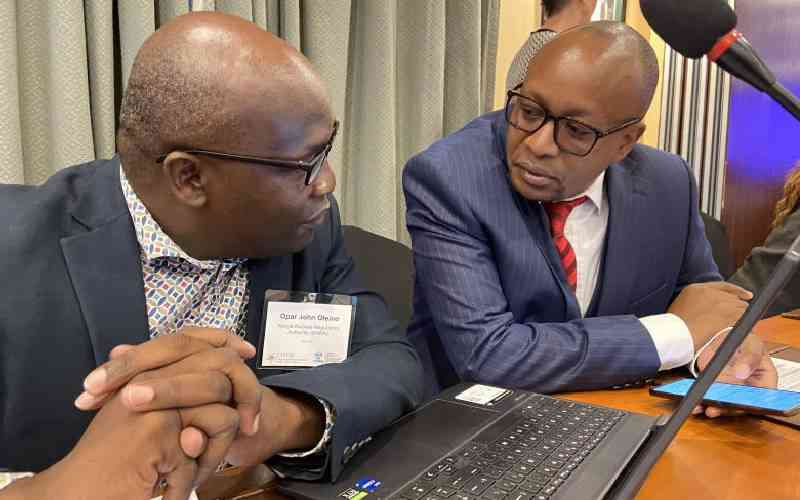×
The Standard e-Paper
Join Thousands Daily

Countries in southern and eastern Africa are meeting in Nairobi to discuss means and ways of improving the safety of nuclear and radioactive materials, especially during transportation.
On Tuesday, regulatory and security agencies from eight countries, including Kenya, took stock of challenges in their quest to ensure human and environmental safety.







